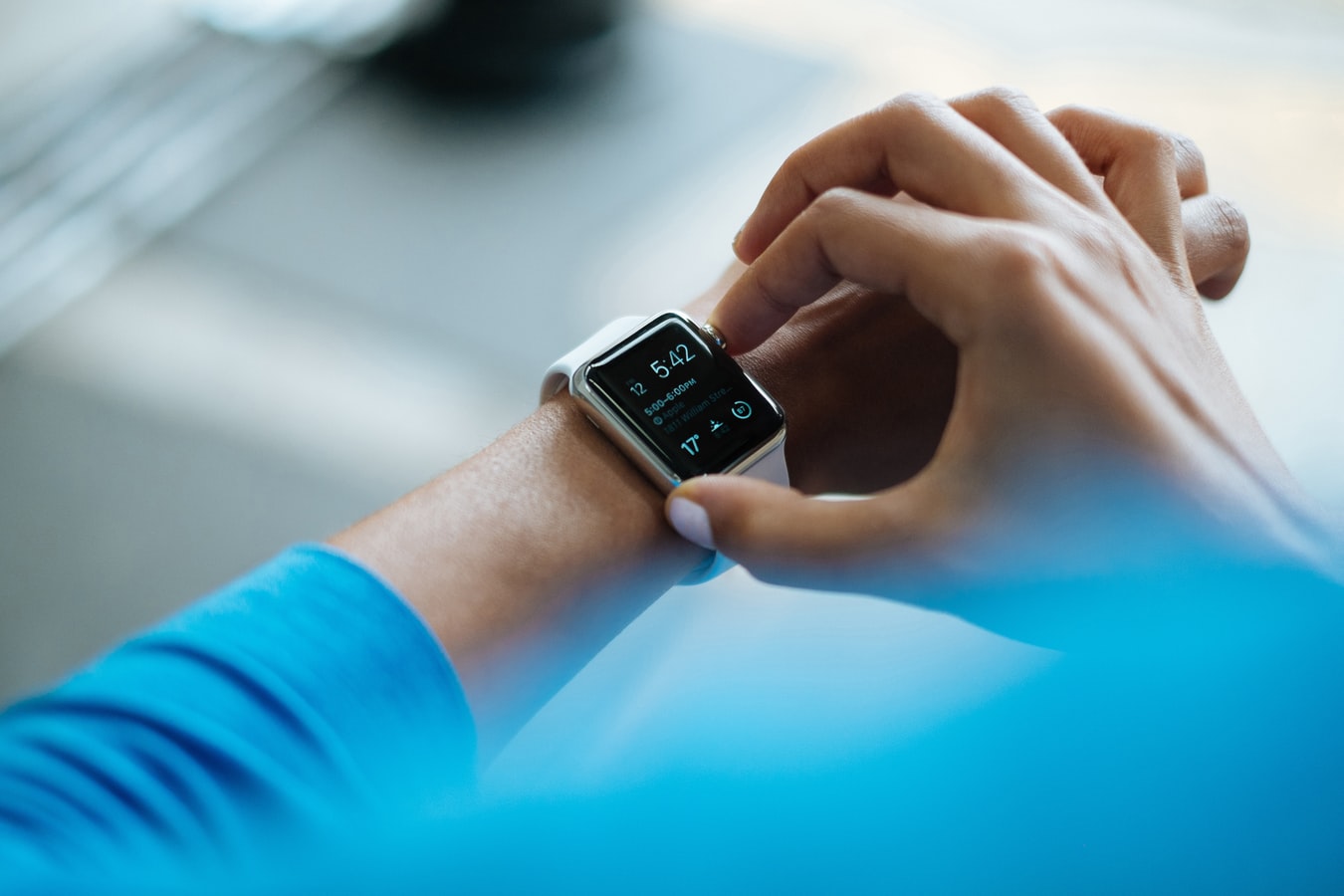Apple just released an app that tracks your heart, hearing, and menstrual cycles

Apple’s new standalone app, called Research, is an effort to collect information on three common aspects of people’s health.
We’re gonna science this: As the name suggests, the app is meant to collect user data and send it to research partnerships that Apple has set up—three of them, each of which will focus on a separate issue. The first, on women’s health, links the company with Harvard’s public health school and the National Institutes of Health. The second study focuses on noise pollution and headphone usage, sharing data with the University of Michigan and the World Health Organization. The last is on heart and movement, with researchers from Brigham and Women’s Hospital and the American Heart Association.
How does it work? If you have an Apple Watch and are interested, all you have to do is download the Research app on your iPhone and give it permission to link, collect, and share data. Apple is hoping the results of its first big push to collect health information—tracking when heart rates go too high or low—convinced users that the company is up for the job. What do users get for giving up access to all that precious data? Apple says they can earn the reward of a pat on the back and “Humanity [saying] thank you.”
Apple is quietly covering up some health tech missteps. Back in September, Apple announced that iOS 13 would include a revamped Health app, which consolidated information from various other health apps—food data, meditation minutes, and steps, for example—into one place. That update also made it possible for the first time to track menstrual cycles, a response to criticism that previous versions neglected one of the chief health concerns shared by half of all humanity. That the project is homing in on headphone usage is also pertinent, since Apple’s ubiquitous earbuds have been blamed for damaging people’s hearing.
What about privacy? Apple claims the Research app will share data only with the studies a participant has explicitly signed up for. The company is also touting the reliability of its data—an Apple-sponsored study was published ahead of the app announcement in the New England Journal of Medicine, which suggests the watch is collecting trustworthy data that won’t mistakenly warn users of an irregular pulse, for example.
Tech companies are going hard after health data. Google just bought Fitbit, and earlier this week reports emerged that it is partnering with the nonprofit health giant Ascension to collect patient data. Apple has long taken a different route, going directly to users and marketing its products as self-tracking health aids. And while collecting data for the universal good sounds nice, one researcher told the New York Times, “This is the big question. Is this ‘so what’? Or are we going to learn something meaningful we don’t know yet?”
Deep Dive
Humans and technology
Building a more reliable supply chain
Rapidly advancing technologies are building the modern supply chain, making transparent, collaborative, and data-driven systems a reality.
Building a data-driven health-care ecosystem
Harnessing data to improve the equity, affordability, and quality of the health care system.
Let’s not make the same mistakes with AI that we made with social media
Social media’s unregulated evolution over the past decade holds a lot of lessons that apply directly to AI companies and technologies.
Stay connected
Get the latest updates from
MIT Technology Review
Discover special offers, top stories, upcoming events, and more.